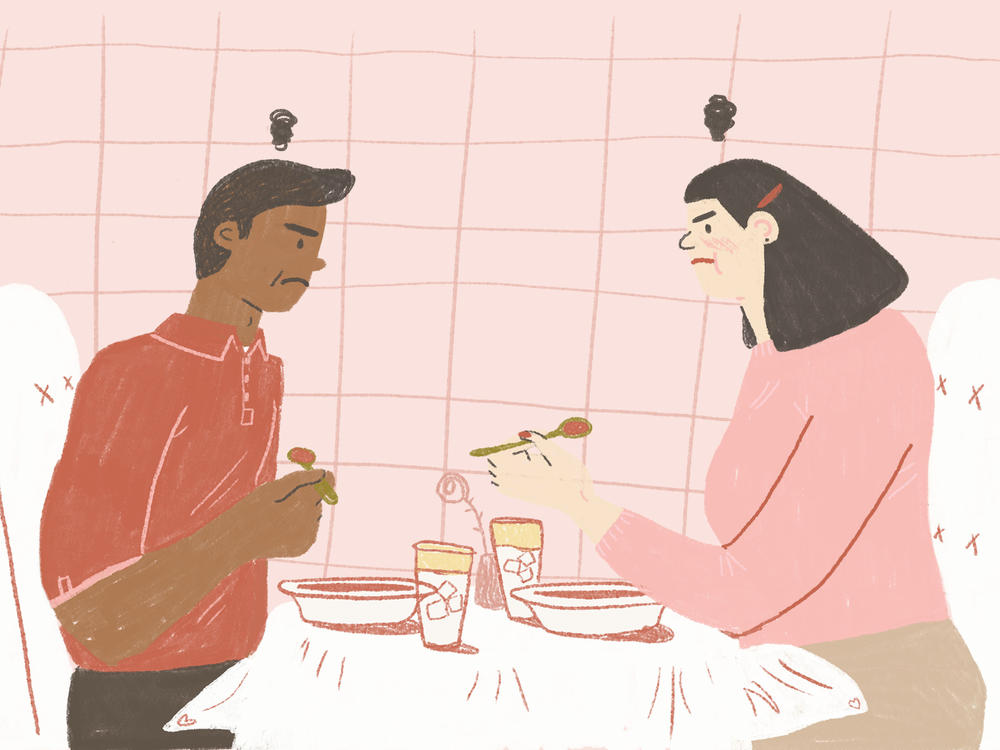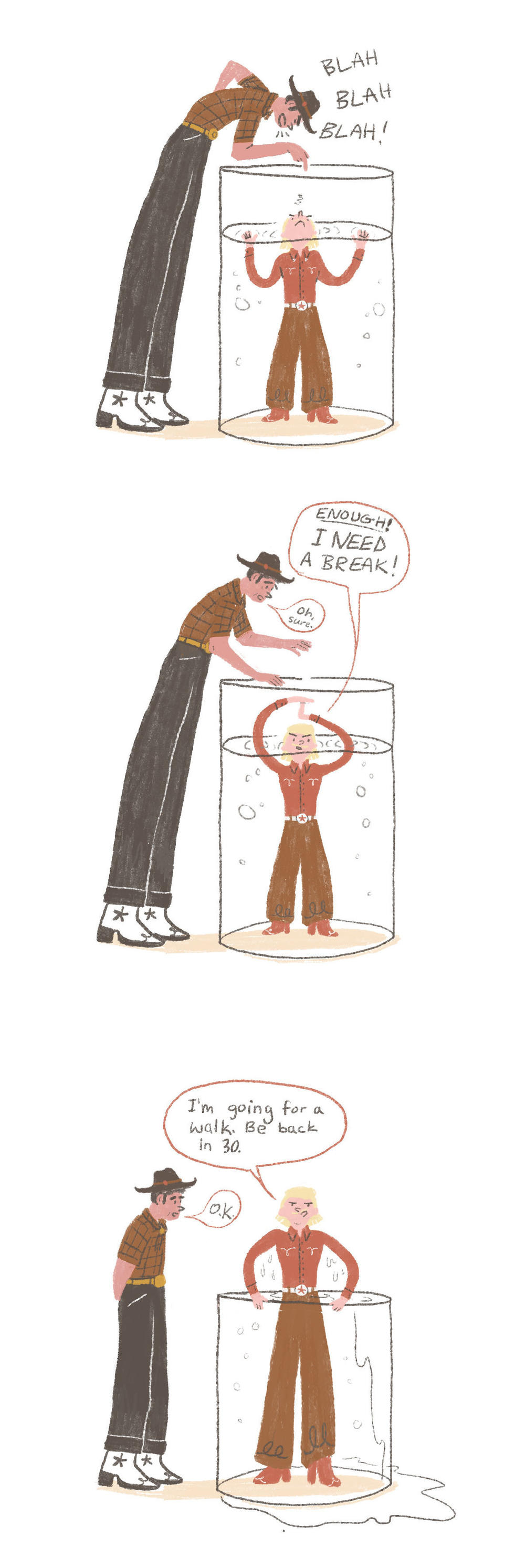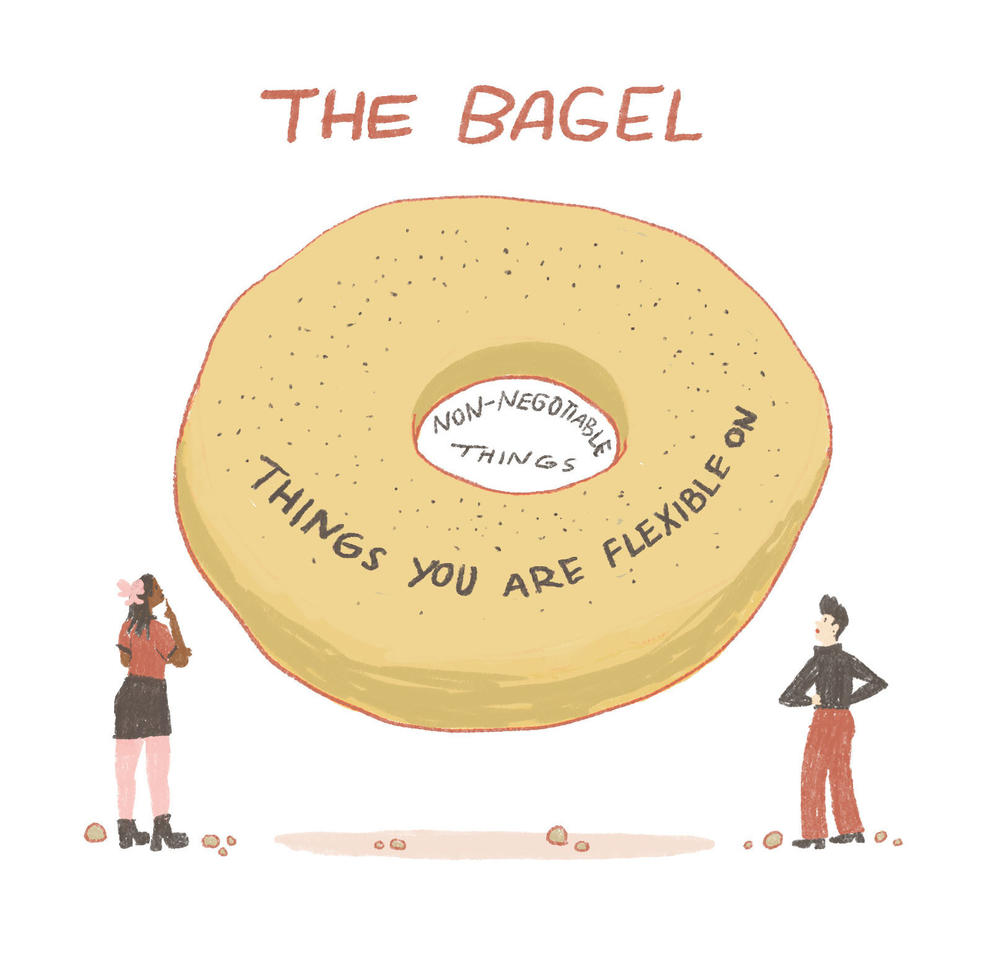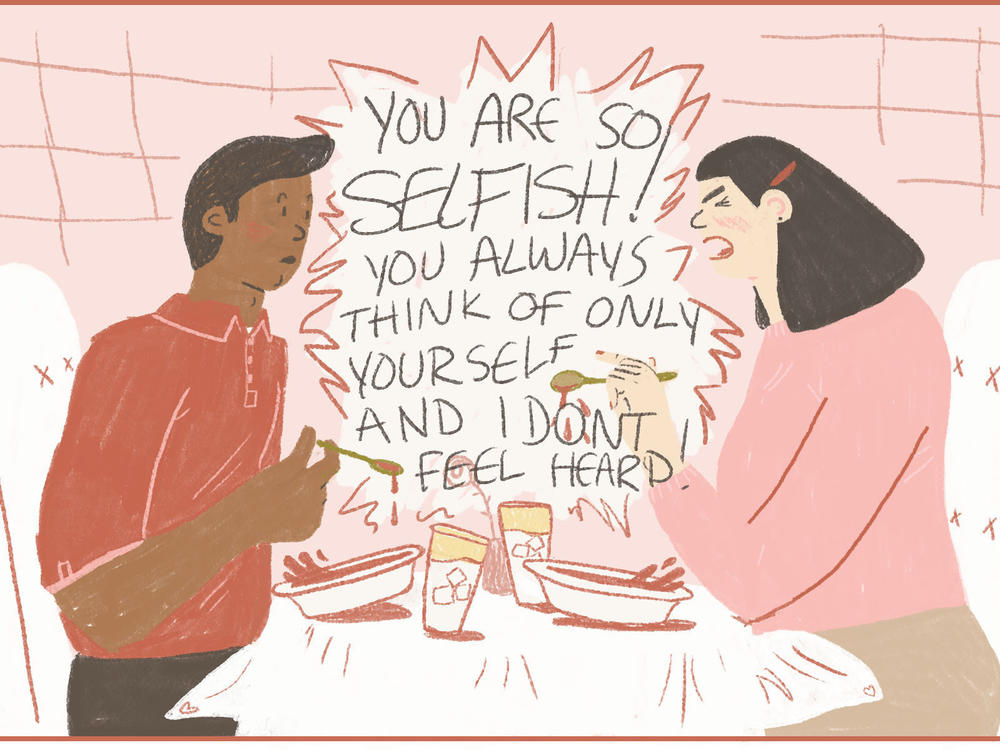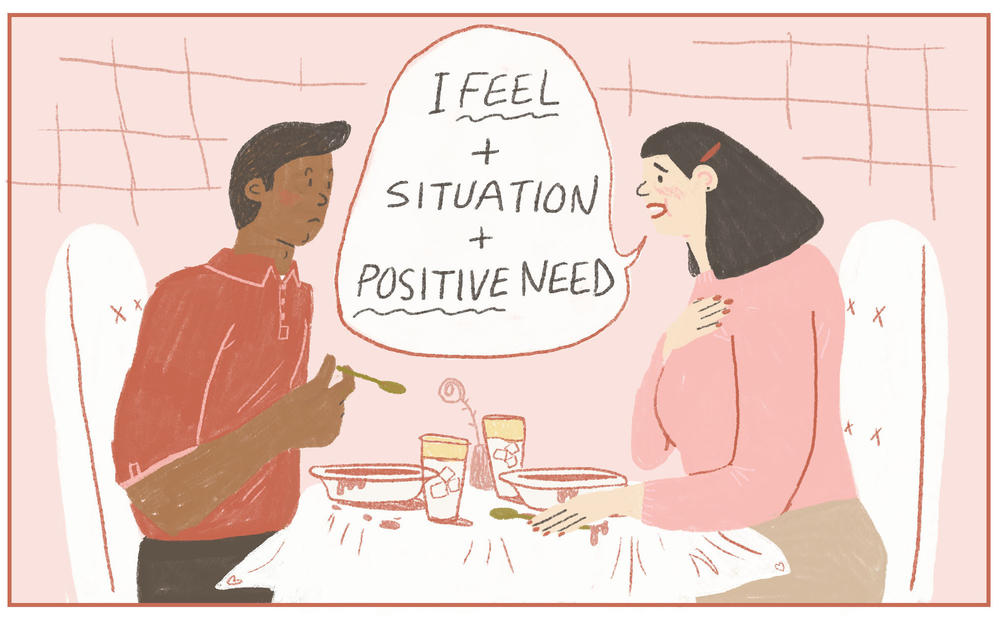Section Branding
Header Content
The secret to lasting love? Sometimes it's OK to go to bed angry
Primary Content
If you love someone, learn how to fight with them.
Counterintuitive though it may seem, that's the advice of world-renowned relationship researchers and clinical psychologists Julie Schwartz Gottman and John Gottman.
"Conflict really has a purpose," says John Gottman, "and the purpose is mutual understanding."
In the 40 years they've dedicated to the study and practice of fostering healthy, long-lasting relationships, the Gottmans have found that the happiest and most successful couples don't avoid conflict, fear or anger – they just know how to fight fairly and productively.
The Gottmans' new book, published in January, Fight Right: How Successful Couples Turn Conflict into Connection, is a guide to doing just that. It aims to teach couples "how to have conflicts that don't push them apart but instead produce connection and compassion for one another," says Julie Schwartz Gottman.
Pulling from decades of relationship research and thousands of hours of interviews and therapy sessions with couples, the Gottmans identify some of the most common fights — and offer research-backed solutions for coming out the other side stronger.
1. 'The Flood'
What it is: According to the Gottmans, feeling "flooded" is the state of being psychologically and physically overwhelmed during a conflict.
"When you feel deeply attacked and there's no way out, people will move into flight or fight" mode, in which stress hormones course through the body, says Julie Schwartz Gottman. As a result, "they cannot think straight. They cannot hear well. It's a terrible state to be in."
What this conflict looks like in real life: Your friend says something insensitive to your girlfriend over dinner. "You never back me up!" she complains on the way home. "You're supposed to be on my side!"
You try to defend yourself, but she won't let you off the hook. Your heart rate rises. Your palms go sweaty. You turn away and go silent, refusing to respond to anything she has to say.
How to handle this type of conflict: Put your fight on pause, say the Gottmans.
This idea may seem strange for couples who follow the adage "never go to sleep angry." But the Gottmans say if one or both partners are "flooded," taking a break is the best way to keep a bad argument from getting worse.
So the next time you feel your jaw clench or your stomach drop during a spat, stop the discussion and ask your partner to take a break. A pause can be as short as 20 minutes or as long as 24 hours – aim for enough time that you'll both have cooled down, says Julie Schwartz Gottman.
Once you agree on a timeframe, get out of each other's space and – here's the hardest part – don't think about the fight, John Gottman says.
Instead of feeling like a victim, dwelling on what your partner said or planning out your argument, Julie Schwartz Gottman says it's important to spend this time away from your partner doing something self-soothing. Read a book, listen to a podcast, go for a run – do anything that will give your body "a chance to metabolize all the stress hormones" and allow you to come back to the conflict with a calm body and a clear mind, she says.
2. 'The Standoff'
What it is: A "standoff" is a disagreement in which both sides feel they have to "win" the argument, says John Gottman. It's a common problem. In a 2020 study of over 40,000 couples beginning couples therapy, the Gottmans found that 84 percent of the heterosexual couples they interviewed said they were struggling with an inability to compromise.
What it looks like in real life: You and your partner have reached an impasse about where to send your son to school. You feel strongly about the local public school down the street. But your partner wants him to attend private school like he did.
How to handle this type of conflict: To get out of gridlock and find some common ground, the Gottmans suggest doing an exercise they created for couples in therapy who can't find a compromise. They call it the "Bagel Method" – named because of its shape. It's designed to help people in relationships understand the core of their desires in a disagreement and find the validity and beauty in their partner's point of view.
To do the "Bagel Method" exercise, each partner draws two concentric ovals on a piece of paper. In the inside oval, write down what you absolutely cannot compromise on regarding the issue. Write down what you can compromise on in the outside oval.
So, the inside oval for you might say: "my son will have a quality education," "he will stay connected to the local community" and "we're supporting public education." Your outside oval might say: "maybe we can move him to private school during high school," "he can get involved in the local community in other ways" and "we can ask him when he's old enough to weigh in on the decision."
Then, compare and contrast your "bagel" with your partner. Ask each other why the things in the inner circle are so important to you. Discuss where your flexible areas overlap and workshop some possible compromises. Here, that might look like sending your son to private school but enrolling him in local after-school soccer, then assessing how things are going after a year.
The Gottmans say after doing this exercise, couples are often surprised by how much flexibility they have and how much compassion this creates between them.
"It's so important to understand that your partner is not your clone. They are a different human being with a different internal world," says Julie Schwartz Gottman. So, conflict is an understandable and healthy part of being in a relationship, say the Gottmans. When it happens, just remember it's possible to "communicate with love and affection, even when you disagree."
3. 'The Bomb Drop'
What it is: This fight is characterized by attacking your partner with anger and criticism, often out of the blue and without context for the other person, says John Gottman – hence the name.
What this conflict looks like in real life: Let's say you and your partner are trying to save up, but you get the credit card bill and find they've overspent again. As soon as your husband walks through the door you yell, "I can't believe how irresponsible you are!"
How to handle this type of conflict: Starting a conflict with negativity like this often portends poor outcomes, say the Gottmans. In fact, their research shows that the first three minutes of a fight determines not only the way a conversation will go but also the future of a relationship. The 1999 study looked at the behavior of 124 newlywed couples and found that when couples began a fight with negative emotions like criticism, contempt, defensiveness or stonewalling, they were very likely to break up down the road.
So if you and your partner want to go the distance, the Gottmans suggest starting your disagreements with a gentler approach. "What that means is you point your finger not at your partner, but at yourself," says John Gottman.
In order to do that, try using the Gottman formula, developed in response to that 1999 study, for soft start-ups: Say: "I feel (emotion) about (situation/problem) and I need (a positive and specific action your partner can take to help improve the situation)."
So, "You're so irresponsible with money!" transforms into: "I feel really stressed (the emotion) about our budget this month – it looks like we're going to be short again (the situation). Can we sit down together and plan how to cut some of our expenses (the positive need)?"
Hurling blanket accusations or criticisms gives your partner no choice but to go on the defensive. But this approach creates space for your partner to understand the issue and show up for you, says Julie Schwartz Gottman.
The audio portion of this episode was produced by Audrey Nguyen and Clare Marie Schneider. The digital story was edited by Malaka Gharib. The visual editor is Beck Harlan. We'd love to hear from you. Leave us a voicemail at 202-216-9823, or email us at LifeKit@npr.org.
Listen to Life Kit on Apple Podcasts and Spotify, and sign up for our newsletter.
